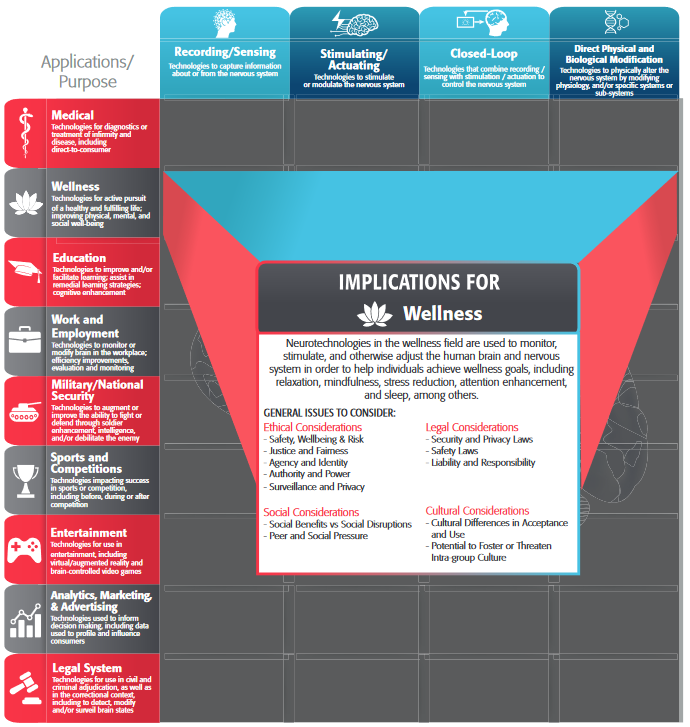Following the success of our three Brain Data Bank (BDB) challenges and competitions in 2017, the IEEE Brain Initiative will bring the BDB competition for the first time to China and Asia-Pacific in July 2018 in conjunction with the 9th Brain-Inspired Cognitive Systems (BICS) Conference. Whether you are a beginner or a seasoned neuroscience professional, the competition is structured to cordially invite you to participate in the Xi’an competition and to exercise your curiosity and creativity in advancing cognitive computing and communication. If you have any questions, please contact bdb-xian@ieee.org.
Registration
Registration form can be found here: PDF | Word Doc
Complete form, scan, and email to bdb-xian@ieee.org.
Teams of up to 5 individuals can register either in the Advanced Group or the Beginner Group.
Pre-Event Webinar
A 1-hour introductory webinar is scheduled for June 11, 9:00 AM Eastern Daylight Time in the U.S.
(9:00 PM local time in China)
Meeting URL: https://ieee.webex.com/ieee/j.php?MTID=mbdf78a3f65b80703d271df5228c3f214
Meeting number (access code): 638 638 762
Meeting password: SMUMVFZ5
Join by phone
+1 210 606 9466 US Toll
+1 866 282 7366 US Toll Free
Global call-in numbers
Location
Xi’an Guangcheng Hotel
South Laodong Road, Lianhu District
Xi’an, 710082
CHINA
Date and Time
The BDB competition, final presentation, and judging will take place July 7-8, 2018. Detailed agenda to follow.
Organizers
Chair – Nan Chu,CWLab Int’l & IEEE Consumer Electronics Society Rep in IEEE Brain Initiative, USA
Jiangbin Zheng, Northwestern Polytechnical University, Xi’an, China
Jinchang Ren, University of Strathclyde, UK
Amir Hussain, University of Stirling, UK
Sin-Kuen Hawkins, IEEE Brain Initiative, USA
Purpose
The aim of this competition is to bring together a diverse group of individuals of varying backgrounds and experience to analyze, visualize, and evaluate complex datasets. In particular, competitors will have access to the University of California-San Francisco (UCSF), NeuroRacer datasets. Results will be evaluated on analytic approach, visualization, and final presentation and interpretation.
Instructions
Registered Teams/Individuals are expected to creatively demonstrate value based on the UCSF NeuroRacer brain signal datasets that are available via the IEEE DataPort. More detailed explanation of the NeuroRacer datasets can be found from a Nature magazine article (doi:10.1038/nature12486, pp. 97-101, continued with notes, pp.1-28, 5 Sept., 2013) and a presentation made recently at ICCE-Las Vegas.
Supplementary datasets involving other physiological signals beyond EEG can be correlated with the NeuroRacer datasets for the BDB Competition. All datasets must be anonymized for privacy protection.
It is highly recommended that you form a team to optimize your resources toward outstanding project results in the next few months. It is also recommended you understand the NeuroRacer datasets in advance and begin to work on your projects as soon as practical. Starting early will allow you to gather more meaningful results and to gain more competitive edge.
The Challenge
Participants can structure their scope of competition project to address a particular challenge. Some example challenges are listed below.
Example Challenges for the Advanced Group:
- How can one incorporate EOG-ElectroOculoGram, PPG-PhotoPlethysmorGram, to improve EEG-ElectroEncephaloGraphy signal analysis?
- Can Artificial Intelligence help predict post-game performance? specifically by what mechanisms and by how much?
- Would Deep Learning methods help with better data analysis? and how?
- Without game intervention, what other factors (to name a few: neuromodulation, neurofeedback, education, exercise, environments, pharmaceuticals, nutrition, meditation, etc.) could lead to better predictors of performance? Show proof of contrast and comparison.
- What future applications matter with 300 ms performance delay found in the NeuroRacer datasets, between the young and the old testers?
- How do measures of brain topology, neuro-networking or -structure relate to performance in game stimulates?
Example Challenges for the Beginner Group:
- What can EEG measure of a person’s brain condition (versus what cannot)?
- What are the strengths vs. limitations of the EEG technology?
- What are the merits of the type of measurement used in the NATURE paper (ERSP-Event-Related Spectral Perturbation) versus others (ERP-Event Related Potential, Coherence, etc.)?
- What are the realistic EEG applications in daily life (automatic driving, interactive games, Internet Marketing, etc.)? provide convincing prototypes (virtual or real.)
Dataset
The UCSF competition datasets are hosted by the IEEE DataPort. To access IEEE DataPort, you need to have an IEEE account. You do not need to be an IEEE member to create an IEEE account, and you can use your own email address to create an account and password. Click here to sign up for an IEEE account.
Once you are in the Xian competition module, you will need to request access to the datasets.
Presentation
Your presentation should consist of no more than 10 slides. Depending on the number of participating teams, please expect to have roughly 10 minutes for your presentation and an additional 5 minutes for Judges to ask you questions.
Teams should present their projects in terms of:
- Assessment of the NeuroRacer datasets
- Clarity and relevance of the analysis used
- Methodology
- Interpretation of brain signal data, singular or multi-modal (EXG, etc.) impact assessment
- Significance of findings and recommendations
- Delivery of findings and recommendations
Recorded presentations will be acceptable if you are not able to attend in person. Please send your recording to bdb-xian@ieee.org no later than July 1, 2018. Please note remote participation might be limited due to facility and logistics accommodation. We will play your presentation to the Judges, but you might not have an opportunity to entertain questions for further clarification.
Judging
Entries will be judged in the following categories:
- Data analysis including well-justified, innovative, and rigorous methodologies
- Data visualization including novel, highly informative, and aesthetically appealing visualization techniques
- Presentation and interpretation of findings including clear, informative delivery and compelling investigation and interpretation
Awards
Depending on the number of teams and the quality of the work, the following awards will be given to the winners from the Advanced Group in this Competition:
1st place: $600.00-$1000.00
2nd place: $400.00-$500.00
3rd place: $200.00-$300.00
There will be only Certificates of Merits offered to the Beginner Group, recorded and/or on-line participation.


